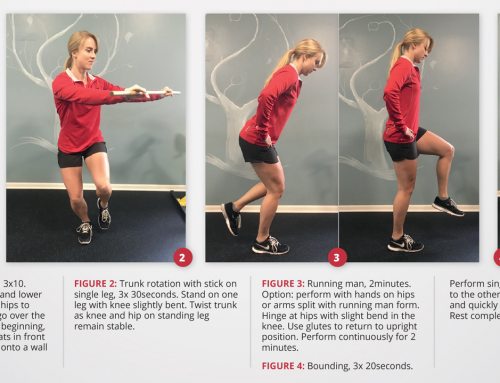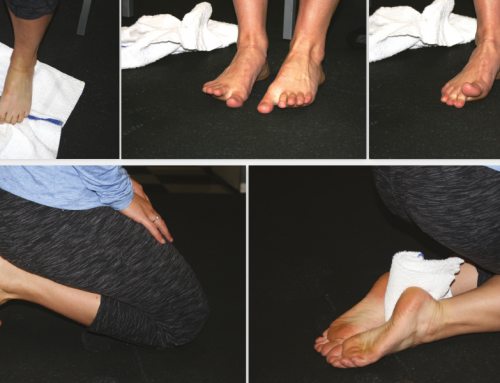By Olivia Shelton
As a physical therapist and personal trainer experienced in working with endurance athletes, I find that most endurance athletes hit the outdoors this time a year as the days get longer and the warmer weather starts to strike. The craving to be outside or training with others makes for a great end to the hard day at work or a great excuse to put off day-to-day duties. With the increase in activity comes the increased risk for injury and wear-and-tear on the body. Rehydration and refueling the system are two factors that play important roles in attaining and maintaining peak performance.
Approximately 60% of an individual’s body weight comes from water. If we deprive our bodies of this essential resources, cardiovascular, muscular, and thermoregulation are affected. When an individual is dehydrated, there is a decrease in blood volume that increases the heart rate for a given workload. Dehydration can also cause the body to overheat because the body’s ability to cool itself has been lost. Both lead to lower aerobic capacity and decreased performance. Research shows that power and time to exhaustion are directly correlated with hydration.
With an endurance event, it is common for athletes to lose greater than 2% of their body weight, which can have negative effects on their aerobic power. A group out of Connecticut found that 1% loss of body weight increases heart rate by 3-5 beats per minute. Common signs of dehydration are irritability, headache, dizziness, cramps, chills, pulsating sensations of the neck or head, disorientation, and decreased performance. The “thirst test” is an easy way to determine if one is dehydrated; being thirsty is a general indicator for dehydration.
In addition to hydration, there is also the replenishing of fuel sources that will assist in body repair. Evidence shows that 15-30 minutes after a bout of exercises, one should replenish carbohydrate stores as this is when the body is most receptive to digest, absorb, and deliver oxygen. While there is some debate on the exact amount of carbohydrates needed post-exercise, most researchers agree that between 0.5-1.0g/kg of body weight is recommended. When energy expenditure is high, the working system may also use protein as fuel, therefore it should not be over-looked. Protein synthesis is heightened after exercise and enhances the insulin response that accelerates the rebuilding of damaged tissue. The literature shows that replacing 15-25g of protein is essential. While physical rest and cross training are also key in injury prevention and performance, making sure one has the post-workout fuel to meet the demands placed on the body are crucial. An article in published in 2012 from the Public Library of Science reports that the human body performs optimally at 50oF, so make sure your body has the resources it needs and get outside and bring in the arrival of spring!
# # #
Olivia Shelton is a physical therapist with ATI Physical Therapy in Carrboro, NC.






